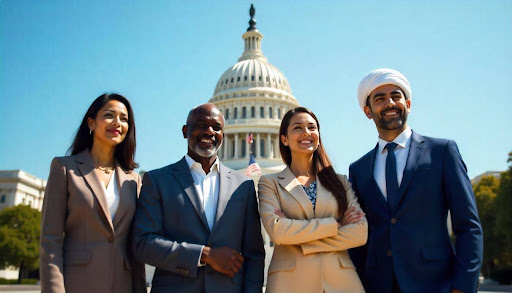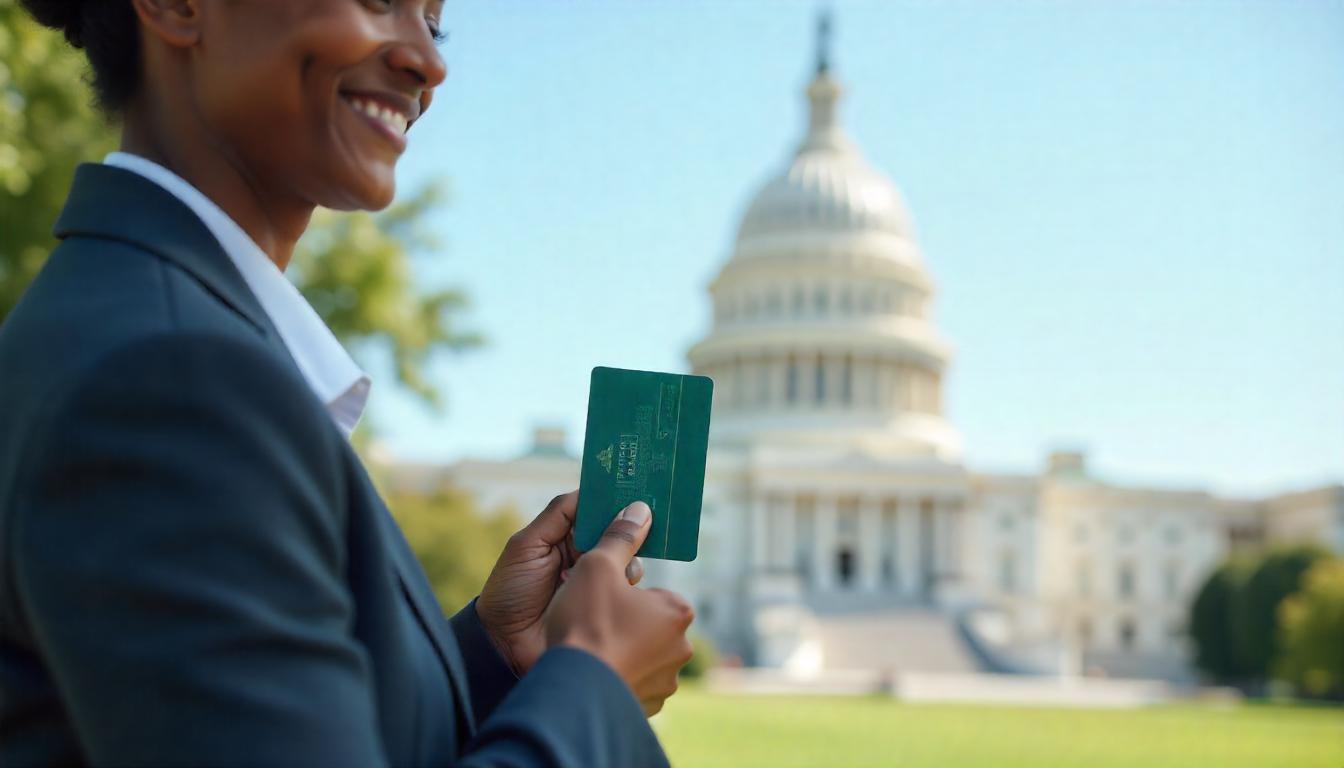Wondering if you should file your visa yourself or get expert help? Learn the pros, cons, and best approach for complex U.S. visas like O-1, L-1A, and EB2 NIW. Make the smart move for your future.

When you’re planning to move to the U.S. for work, research, or entrepreneurship, there’s a big question you’ll probably face early on: Should I handle the visa process on my own, or work with an immigration expert?
At first glance, doing it yourself might seem reasonable—especially for straightforward visa categories. The internet is full of tips, government sites provide forms, and you might even know someone who filed without help. But immigration is never one-size-fits-all. Some cases are simple. Others demand legal strategy, technical accuracy, and a deep understanding of how USCIS evaluates petitions.
Let’s break down what’s really at stake when deciding between DIY and professional support.
Filing your own application can work well if your visa category is relatively simple. For example, B-2 visitor visas or F-1 student visas tend to follow clearer instructions and require less subjective evidence. If your background is clean, your paperwork is in order, and the requirements are straightforward, you may be able to complete your petition without much trouble.
But once you start exploring employment-based or achievement-based visas—such as O-1 for individuals with extraordinary ability, L-1A for executives, or EB2 NIW for self-petitioning professionals—the stakes are higher, and so is the complexity. These applications often rely on how well you frame your accomplishments, whether your supporting documents match government expectations, and how convincingly your case is presented.
In these situations, even a small oversight can derail months of planning.
One of the biggest risks of going solo is choosing the wrong visa altogether. You might assume O-1 is your best bet, only to find out later that EB2 NIW would’ve been a stronger match. Or perhaps L-1A looks appealing, but your company setup doesn’t yet qualify. Without expert insight, misalignment between your goals and your visa category is easy to miss.
Even if you pick the right category, the process itself is far from simple. USCIS wants highly specific evidence—formatted and presented in a way that speaks directly to the legal standards. Submitting a list of awards, publications, or leadership roles might seem like enough, but if it’s not connected clearly to the petition requirements, your case might get hit with a Request for Evidence (RFE) or worse, a denial.
Another challenge? Language. Immigration documentation is full of legal and technical jargon. Misinterpreting even one instruction can delay your application or damage your credibility. And if you’re balancing this alongside work, family, or launching a business, the added stress can be overwhelming.

There’s a misconception that immigration consultants or attorneys just fill out forms. In reality, professionals do far more than that—they act as strategists, storytellers, editors, and legal interpreters.
An experienced team, like the one at Beyond Border, starts by assessing your full profile. They look at your education, work history, awards, business traction, media features, and more. From there, they help you identify the best visa path based on eligibility, timeline, and long-term goals.
Once a direction is clear, they guide you through building the evidence. This could include helping you draft and polish support letters, deciding which achievements to highlight, and packaging everything in a way that’s both complete and persuasive. For categories like O-1 or EB2 NIW, where the narrative matters, they ensure your petition doesn’t just say what you’ve done—it clearly shows why you qualify.
They also manage your application timeline, keep you compliant with shifting requirements, and advise you if issues like RFEs or denials arise. In short, they take a process that can feel daunting and turn it into something structured and manageable.
While no professional can guarantee success—nor should they—the data speaks for itself. Petitions filed with the support of experienced immigration experts typically have higher approval rates, especially in complex visa categories.
That’s because experts know how to avoid red flags. They understand the nuances of USCIS evaluation. They know what strong evidence looks like, how to prepare for scrutiny, and how to package a story that stands up to legal criteria. This level of insight is difficult to replicate through online research alone.
When your visa determines your ability to launch a company, join a top research lab, or relocate your family, guessing through the process is a risk few can afford.
Let’s say you file your EB2 NIW petition on your own, and you forget to include a key piece of evidence—like proof that your work has national importance. Or you misunderstand how to show you’re well-positioned to advance your field in the U.S. These are both critical parts of the petition, and USCIS won’t walk you through what’s missing. Instead, you’ll receive a cold and formal RFE, or your application might be denied outright.
Correcting those mistakes later can take months. You may need to refile, repay fees, and start again. You may even miss out on career opportunities or face relocation delays. This is exactly where expert guidance can prevent months—or even years—of backtracking.
Beyond Border helps ensure your case is airtight from the start, minimizing unnecessary delays and protecting your timeline.
To be clear, USCIS doesn’t prohibit self-filing. In fact, many resources—like the official forms library or guides to RFEs—are available to the public. These tools are helpful, but they’re limited. They don’t provide individualized feedback. They won’t tell you whether your evidence is persuasive, or whether you’ve misunderstood a core eligibility rule.
They also don’t offer help when your circumstances are unique—say, if you're a first-time founder with traction but no U.S. presence yet, or an academic researcher who's published extensively but isn’t sure how to meet EB2 NIW's “national interest” threshold.
That’s where expert support fills the gap.
Some profiles are simply too complex or high-stakes for a DIY approach to make sense.
If you’re a startup founder applying for O-1, a global executive pursuing L-1A, or a scientist filing for EB2 NIW, your case likely depends on how well it’s framed—not just how impressive your resume is. These petitions involve nuanced legal arguments, subjective evaluations, and carefully structured documentation.
You should also avoid DIY if you’ve received a previous visa denial, are applying with dependents, or if your petition includes both Form I-140 and Form I-485 (for green card adjustment of status). In any of these situations, working with professionals like Beyond Border gives you clarity, direction, and peace of mind.

There’s no single right answer to whether you should DIY your visa or work with experts. But what matters most is recognizing the complexity of your own case—and understanding what’s at stake.
If your visa will shape your next chapter in the U.S., don’t treat it as a side project. Give it the attention, care, and strategy it deserves.
And if you’re feeling overwhelmed or unsure where to start, Beyond Border is here to help. Their team supports ambitious professionals, entrepreneurs, and researchers every day—making sure they don’t just apply, but apply right.
Because when your future is on the line, smart decisions now can change everything.